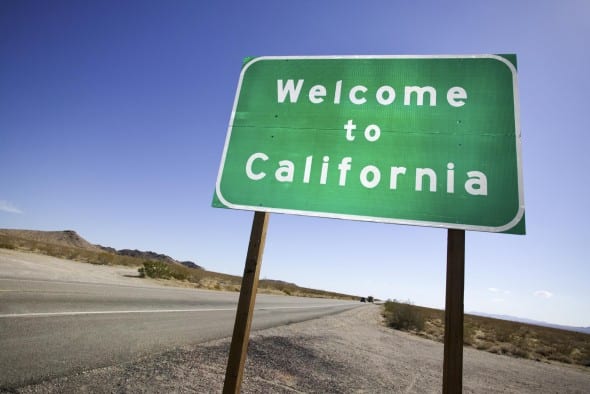The East Bay Community Energy (EBCE) group – a not-for-profit public agency that operates a Community Choice Energy Program for Alameda County in California – has contracted two more major solar and battery storage projects that it describes as “astoundingly low.”
The latest deal is an agreement to contract a total of 225MW of solar power capacity and 80MW/160MWh of battery storage, a deal that EBCE Nick Chaset takes the company’s total solar portfolio to an “astoundingly low” average cost of about $US22/MWh ($A32.7/MWh).
EBCE has a total portfolio of 550MW of new renewable energy generation and at least 137.5MW/390MWh of battery storage.
The two newest agreements include a 20-year agreement for 125MW of solar power and 80MW/160 MWh of battery storage from the sPower Solar + Storage Project in Southern California, developed by Salt Lake City-developer sPower.
ECBE is purchasing the entire output from the project as well as all renewable energy credits and resource adequacy. ECBE will also maintain full control over when to charge and discharge the battery.
A separate 15-year contract has been signed for 100MW of solar power and “virtual storage “from the Edwards Solar Project in Kern County, that is being developed by San Diego-based Terra-Gen. The project has the option to install battery storage which ECBE will have the right to procure.
Additionally, the ECBE board has discussed a Memorandum of Understanding (MoU) for 80 MW of wind power in Alameda County.
This latest agreement continues to solidify California as the destination for low cost solar and battery storage.
An early-September announcement saw the Los Angeles Department of Water and Power (LADWP) Board of Commission unanimously vote to purchase power from 8minute Solar Energy’s Eland hybrid project for a 25-year period at a cost of only $US19.97/MWh ($A29.75/MWh).
The Eland hybrid project will consist of 400MW of solar arrays and 1,200 MWh of battery storage and will be built in stages, with the first stage boasting 17 MW of solar generation and 87.5 MW/350 MWh of energy storage with a possibility to boast the first stage energy storage capacity to 150MW/600 MWh.










